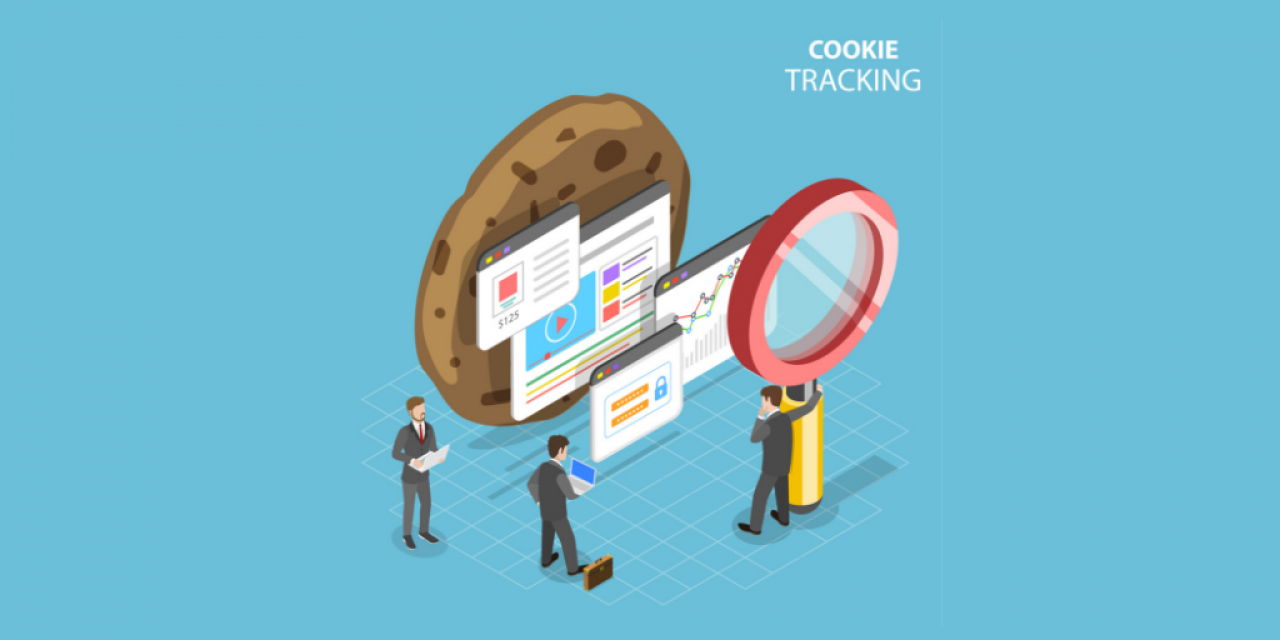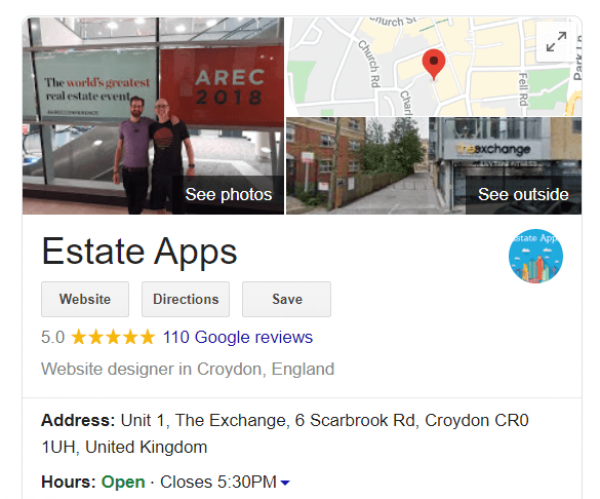If you use Facebook Pixel as a way to track and measure you advertising efforts on Facebook, then you may have been made aware about the change in Facebook Pixel’s first-party cookie policy. If not, then this blog is for you. If you’ve heard but don’t really understand it, then this blog is still for you.
Changes to data regulations mean a change to cookies
No, not chocolate chip cookies, but cookies that track a customer when they are online, leaving behind a little trail of the websites that they visit and the things that they look at when they are online too.
One of the biggest changes in the online world for businesses of late surrounds data and how companies use and store customers data with these cookies. These changes to data also mean that there are going to be changes to cookies. After all, these are a way to see what a customer is looking at and then use it in the future.
The main targets are third party cookies and those taking aim are two of the biggest browsers out there; Apple’s Safari and Mozilla’s Firefox. These browsers are going to be blocking third party cookies, which means that companies who rely on this form of tracking for their advertising efforts are not going to be able to track and then collect the data that they need to analyse more effectively.
Facebook Pixel's First Party Cookie
Facebook have also jumped on the same cookie bandwagon.
As of 24th October those who use Facebook to advertise and promote will be given the option to use first party cookies along with third-party cookies. These first party cookies mean that measuring and reporting the data that relates to their customers online habits will be much easier to do as well as being more accurate too.
Of course, whilst some are seeing this move as a positive one, particularly those that use Facebook Pixel and rely on the results that it generates for their business, there are also those who say that it is really just a way to get around the changes that relate to data in digital advertising.
It is going to take some time to see just how these changes and the introduction of first party cookies in Facebook Pixel is going to have an impact. However, for the time being, we hope that it allows those businesses who need to advertise the ability to do so. After all, if we want them to grow, then we are going to need to ensure that they have the right tools to enable them to do this.
If you’d like to read more about Facebook Pixel please read our blog or if you’d like to chat more about Facebook and your social media strategy please do get in touch with the team.

 By
By 
 By
By 

